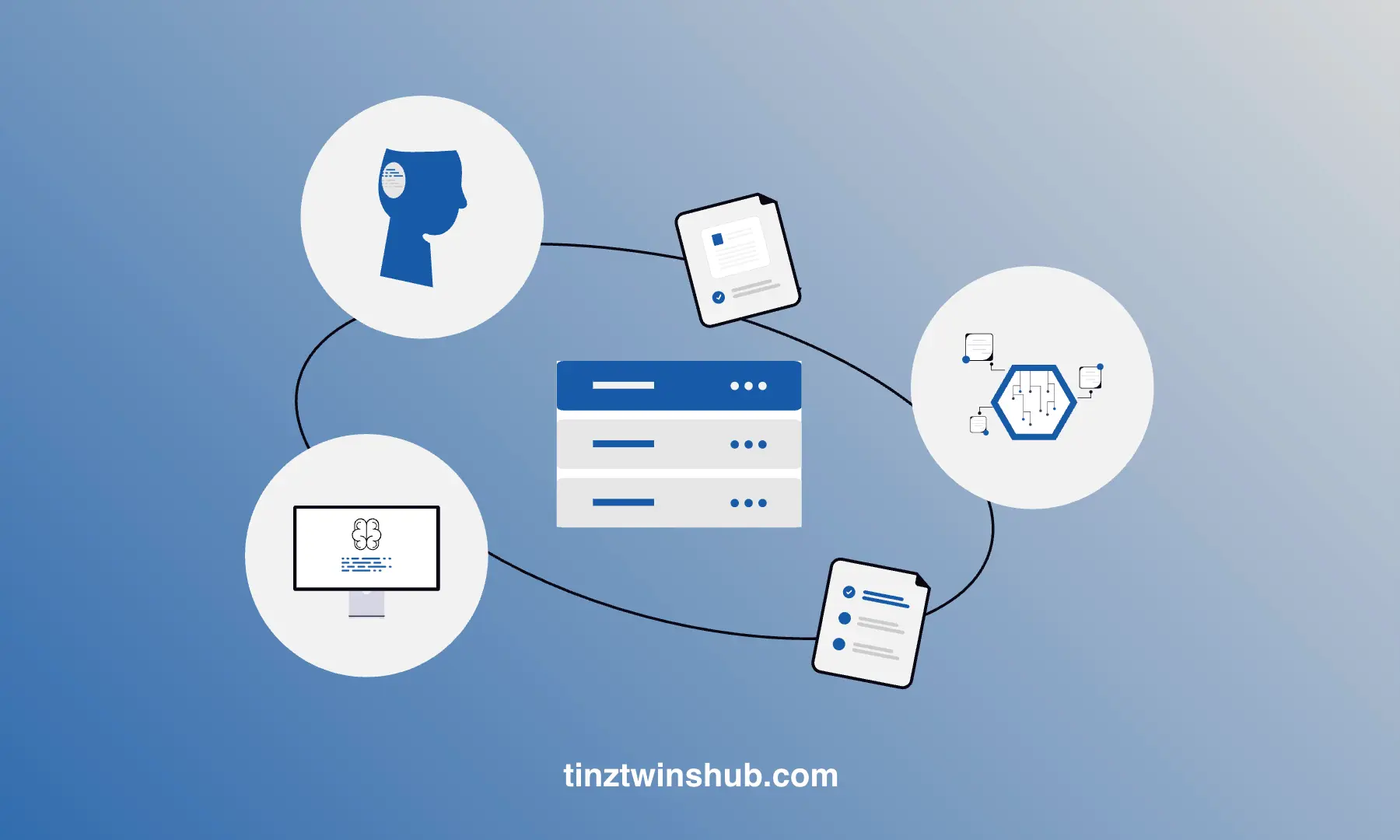Deploy Your Own MLflow Workspace On-Premise with Docker
MLflow is an open source platform to manage the lifecycle of ML models end to end. It tracks the code, data and results for each ML experiment, which means you have a history of all experiments at any time. A dream for every Data Scientist.

Moreover, MLflow is library-agnostic, which means you can use all ML libraries like TensorFlow, PyTorch or scikit-learn. All MLflow functions are available via a REST API, CLI, Python API, R API and Java API.
As a Data Scientist, you spend a lot of time optimizing ML models. The best models often depend on an optimal hyperparameter or feature selection, and it is challenging to find an optimal combination. Also, you have to remember all experiments, which is very time-consuming. MLflow is an efficient platform to address these challenges.
In this post, we briefly introduce the basics of MLflow and show how to set up an MLflow workspace on-premise. We set up the MLflow environment in a Docker stack so that we can run it on all systems. In this context, we have the services Postgres database, SFTP server, JupyterLab and MLflow tracking server UI. Let’s start.
The full article is available in our members-only area.
To read this post you'll need to become a member. Members help us fund our work to ensure we can stick around long-term.




